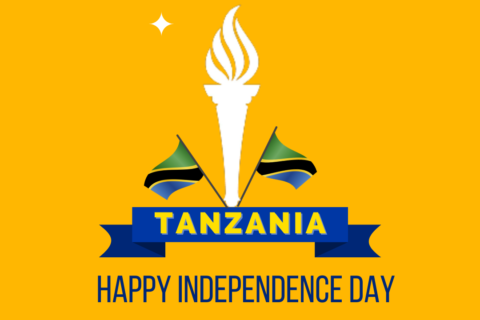Laws and Regulations
Laws and Regulations Governing Investments in Tanzania
Laws and Regulations Governing Investments in Tanzania
The Constitution of the United Republic of Tanzania, enacted in 1977, is the cornerstone of all Tanzanian laws. It establishes an independent judiciary and protects the right of individuals to own property. Since 1990, several key legislations have been passed to enhance Tanzania’s investment climate:
Tanzania Investment Act, 1997 (No. 26 of 1997): This Act promotes favorable conditions for investors by defining categories for local and foreign investors and local capital. It excludes certain sectors, including mining and oil, governed by the Petroleum (Exploration and Production) Act, 1980, and the Mining Act, 1998. It also exempts investments in Zanzibar, which is under a distinct legal framework, and small investments below $300,000 for foreign and $100,000 for local investors.
Financial Laws (Miscellaneous Amendments) Act, 1997 (Act No. 27 of 1997): This act amended certain financial laws to harmonize them with the Tanzania Investment Act, addressing conflicts in the Income Tax Act (1973), Customs Tariff Act (1976), Sales Tax Act (1976, repealed), and Immigration Act (1995).
Capital Markets and Securities Act, 1994 (No. 5 of 1994): This Act established the Capital Markets and Securities Authority (CMSA) to support and regulate capital market development in Tanzania.
Mining Act, 1998 (No. 5 of 1998): Governs mineral extraction, trade, and other related activities.
Banking and Financial Institutions Act, 1991 (No. 12 of 1991): Regulates the operations of all financial institutions, aiming for sound banking practices and credit management.
BOT Act, 2006: This Act specifies the regulatory functions of the Bank of Tanzania over banks and financial institutions.
Land Act, 1999 (No. 4 of 1999) and Village Land Act, 1999 (No. 5 of 1999): These Acts address the regulation and management of land, covering both urban and village lands.
Value Added Tax Act, 1997 (No. 24 of 1997): Introduces a VAT on the supply of goods and services within Tanzania.
Immigration Act, 1995 (No. 7 of 1995): Consolidates laws relating to immigration and addresses related administrative matters.
Foreign Exchange Act, 1992 (No. 1 of 1992): Regulates the handling of foreign currency, gold, securities, imports, exports, and the transfer of assets.
Customs Tariff (Amendment) Act, 1976: Imposes import duties on goods entering Tanzania.
Business Licensing Act (No. 25 of 1972): Mandates that all businesses obtain licenses before operating.
Labor Laws: The Employment Ordinance Act (Cap 366), Severance Allowance Act (Cap 487), Security of Employment Act (Cap 574), and Workmen’s Compensation Ordinance (Cap 263) govern employment conditions, severance, workplace discipline, and injury compensation.
Additional Laws and Regulations
Additional legislation relevant to investment includes the Zanzibar Investment Promotion Act (1986), Income Tax Act (1973), Petroleum (Exploration and Production) Act (1980), National Environment Act (1983), Patent Act (1987), and Trade and Services Marks Act (1987). Other important laws include the Companies Ordinance, Business Names (Registration) Ordinance, Public Corporations Act (1992), Arbitration Ordinance, Export Processing Zones Act (2002, amended 2006), and Special Economic Zones Act (2006).
These laws and their amendments can be accessed in libraries across Dar es Salaam and are available for purchase at the Government Bookshop. For more details, copies can be requested from the Tanzania Investment Centre (TIC).
About Tanzania
Tourism
Diaspora
Blog Feed
Tanzania 64th Independence day celebration in Denmark
Thank you for joining us in celebrating the 64th anniversary of Tanzania’s independence. We Tanzanian’s…
11 December 2025 0Public holiday
The Consulate of the United Republic of Tanzania will be closed on the following dates:…
8 December 2025 0

